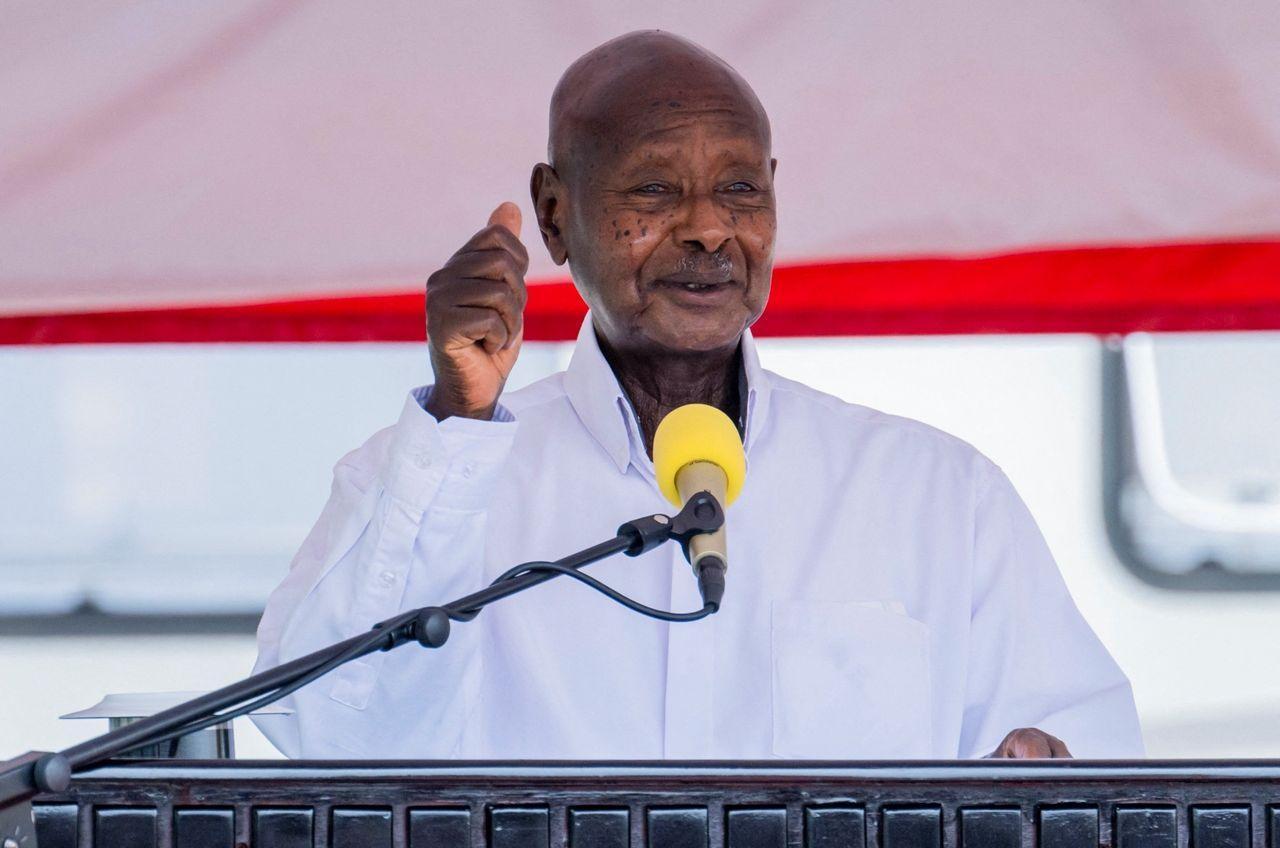Africa-Press – Uganda. President Museveni has urged Ugandans to reject sectarian politics, warning that divisions based on religion and ethnicity were responsible for decades of instability before the National Resistance Movement (NRM) came to power.
In a statement released on Friday, Museveni revisited Uganda’s post-independence history, saying that political fragmentation along sectarian lines weakened the country and triggered violent conflicts.
He pointed to the collapse of the alliance between the Uganda People’s Congress (UPC) and Kabaka Yekka (KY) in the 1960s, which he said set the stage for the 1966 crisis and the 1971 coup by Idi Amin.
“By 1979 when we defeated Idi Amin, 500,000 Ugandans had been killed extrajudicially and the economy had collapsed so much that people had no soap, no salt, no clothes, no paraffin,” Museveni said, arguing that poor leadership had brought Uganda to the brink.
He added that the disputed 1980 elections galvanized nationwide support for armed struggle, culminating in the 1981–86 liberation war.
According to Museveni, the Kabamba attack of February 1981 drew together former members of the DP, UPC, KY and other groups under the NRM umbrella.
“When we launched the Kabamba attack, 80% of the Ugandans were with us… After Kabamba, it would have been irresponsible for anybody to talk of DP, UPC, Kabaka Yekka, UPM. We were all NRM with equal rights, risks and responsibilities,” he stated.
Museveni credited the endurance of what he called the “80% consensus” to the NRM’s ideological foundation of patriotism, Pan-Africanism, socio-economic transformation and democracy.
He said this broad coalition delivered the NRM’s landslide in the 1996 elections and continues to underpin its dominance today, despite what he described as internal mistakes and opposition “cheating.”
“We have been able to put together this broadest possible consensus because of the correct ideology… uniting the many to defeat the few and isolate the enemy to the maximum,” Museveni said.
The president also highlighted the integration of former fighters from rival political and military groups, including the Uganda National Liberation Army (UNLA), into the National Resistance Army (NRA), which he said reinforced the spirit of unity during the final offensive on Kampala in 1986.
Museveni’s latest remarks come just days after his August 30 message in which he cautioned political parties against divisions between old and new members, stressing the importance of unity and ideological clarity as Uganda prepares for the 2026 elections.
For More News And Analysis About Uganda Follow Africa-Press






